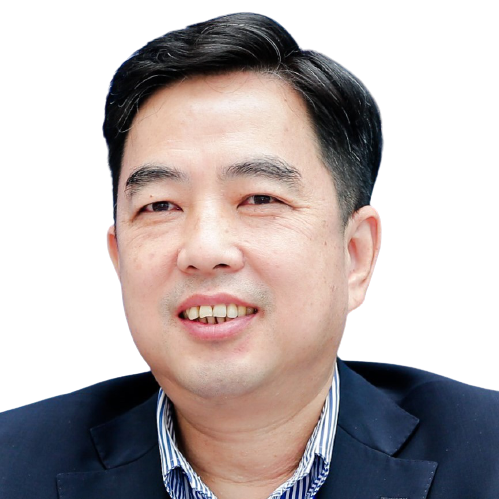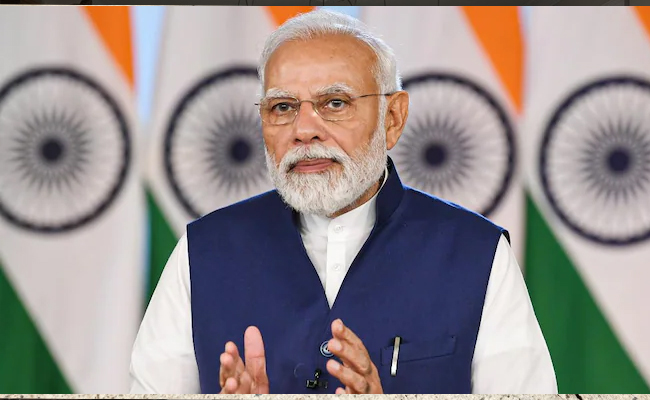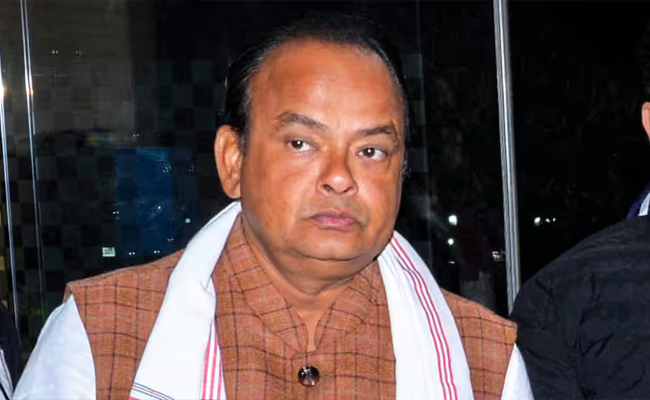Beijing, Dec 11: India's IT sector, one of the mainstays of its economy, is much ahead of its Chinese counterpart in the global markets but the firms from China are catching up and doing well in e-commerce, autonomous driving, AI and cloud services, according to a top Chinese IT executive.
Mike Liu, the author of the book titled 'The Rise of Indian IT', said unlike the Indian firms, who still have a sway in the global markets, especially in IT outsourcing, China's software revenue is mostly from home.
Over 95 per cent of China's IT earnings come from the domestic Chinese market, he said.
"In the global IT market, India is leading much ahead of Chinese market players," he said.
"The Chinese companies are not a threat to the Indian firms in the global markets," Mike, one of the rare Chinese IT executives who worked with the top Indian company Infosys for years, told PTI here ahead of his book launch.
The book that provides an insight into the Indian and Chinese information technology development over the decades has been just published in the Chinese language. It will be published in English soon.
Mike was the first Chinese-born country head of Infosys and worked both in Indian and Chinese firms, besides multinational companies like HP.
According to a recent report by China's Ministry of Industry and Information Technology (MIIT), China's software business revenue from January to July this year reached 5.456 trillion yuan (USD 797.26 billion), a year-on-year increase of 10.3 per cent.
IT sectors in both countries contribute about eight per cent to their GDPs, though China's IT revenues are far higher considering the size of the Chinese economy, Mike said.
While Indian IT firms ruled the global markets, the Chinese firms have established dominance in technology, he said.
He said the Chinese firms have a long way to go to make a dent in the global international markets.
"I foresee Chinese players still have a long learning curve to compete in English market. Chinese people often ask, why have Indians become so predominant in business in America? The typical view is Indians speak good English. But that is maybe one per cent of the factor," he said.
For their part, the Chinese companies need to learn many things such as mindset, management systems and governance, he said, adding that an abundant supply of human resources in IT was key for India's success.
He said the Indian IT phenomenon is not made possible through either deregulated efforts or government subsidies and policies but due to the strong conviction by the Indian tech leaders and software engineers to make a difference.
However, on the tech front of IT and innovation, China has taken the lead, he said.
"The scenario has changed today. The Chinese companies have become a global phenomenon in the B2B, and doing well not only in e-commerce but autonomous driving, AI, cloud services, where you don't see Indian players, unfortunately, having had the same impact," Mike said.
Chinese firms like Huawei, Alibaba, Baidu and Tencent made a big leap in technology development, while the Indian IT sector is broadly confined to software outsourcing, spending little on innovation and R&D, he said.
On India's constant complaint that China is not providing market access to Indian IT firms, he argued that the issue of market access should not be an excuse for Indian IT firms' inability to penetrate Chinese markets.
While keeping their focus on English language global markets, it is time for the Indian firms to shift their focus to non-English speaking markets such as China to rework their strategy to tap big future revenues, he said.
"The question for Indian IT companies now is how to break into fast-growing non-English speaking countries," he said.
"Market access alone is something of an easy excuse. If you are determined to engage in a market, then you will figure it out" he said, highlighting the success of firms like HP in which he worked earlier and made big inroads into the Chinese markets.
For years, China has been stonewalling Indian demand to provide market access to its biggest products in the IT and pharmaceutical firms which struggled to make headway in the Chinese markets despite their global success.
Mike argues that while the Indian IT firms are doing well in the multinational firms based in China, they made limited headway into the burgeoning Chinese market adopting a "cost-conscious" strategy and looking for short-term returns.
"You cannot have the same formula to work in two very different, highly complex markets and societies," he said.
Let the Truth be known. If you read VB and like VB, please be a VB Supporter and Help us deliver the Truth to one and all.
Ullal: The body of a 51-year-old physical education teacher was found in a well at his residence in Kondana, under the limits of Kotekar town, on Friday evening.
The deceased has been identified as Prabhakar Jogi, who was serving as a physical education teacher at the Government School in Kallarakodi, Naringana village. Police suspect that he may have died by suicide, allegedly due to health-related issues.
According to police, Prabhakar had dropped his daughter at Uchila School earlier in the day for the school anniversary programme and returned home.
He was later preparing to attend the same event along with his wife and son, when he suddenly went missing. A search was launched by family members, following which his body was found in the well located at his house.
ALSO READ: Delhi: Married man stabs lover after fight over forced abortion, arrested
Police said that Prabhakar Jogi was reportedly suffering from a neurological disorder. He had served in several schools across Ullal taluk and was actively involved in organisations of physical education teachers.
Ullal police visited the spot, conducted an inspection and sent the body for post-mortem examination.
In his complaint to the police, Prabhakar’s son, Sai Tejas, stated that his father had jumped into the well and that there was no suspicion surrounding the death.
Based on the complaint, a case has been registered and further investigation is underway.





